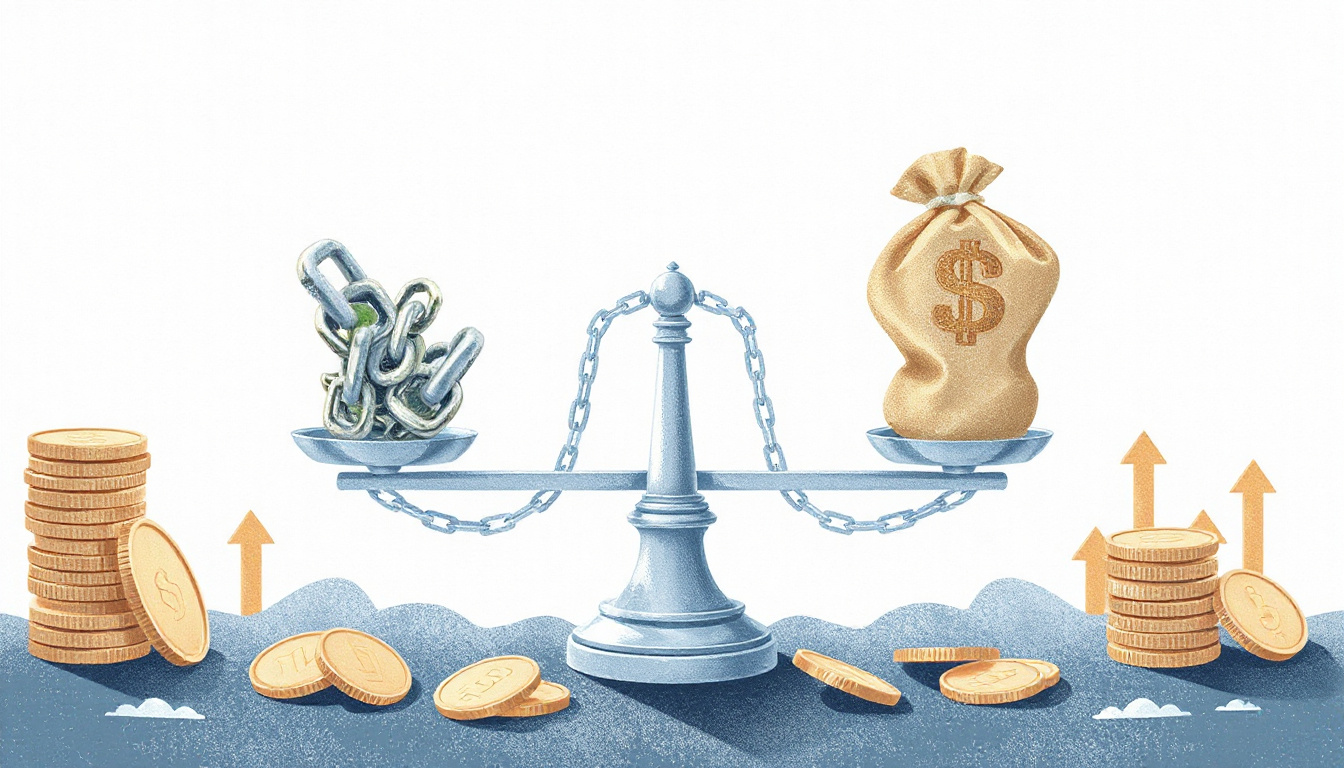In today’s financial landscape, understanding how to manage debt is crucial for achieving long-term financial stability. One effective strategy to regain control over your financial future is through debt consolidation. But the question on many Canadians’ minds is, ‘How much debt can I consolidate?’ This comprehensive guide will explore the fundamentals of debt consolidation, the benefits it can bring, and the steps necessary to determine your maximum debt consolidation limit. By the end of this article, you will be better equipped to make informed decisions about your debt management with confidence.

Key Takeaways
- Debt consolidation can streamline payments and potentially lower interest rates.
- Your maximum debt consolidation limit often depends on your credit score and income.
- Assessing your total debts is essential to determine what can be consolidated.
- To consolidate debt successfully, create a budget and choose the right consolidation method.
- Understanding the benefits and challenges of debt consolidation is crucial for maximizing your financial future.
Understanding Debt Consolidation and Its Benefits
Debt consolidation is a financial strategy that combines multiple debts into a single loan, simplifying repayment and often reducing the overall interest rate. As a Canadian, you might wonder, ‘How much debt can I consolidate?’ This typically depends on the lender’s policies and your creditworthiness, but generally, you can consolidate unsecured debts such as credit card balances, personal loans, and medical bills. By taking out a new, larger loan to cover these debts, you can lower your monthly payments and potentially reduce the total interest paid over time. One of the primary benefits of debt consolidation is that it streamlines your financial obligations, allowing you to focus on a single payment each month rather than juggling multiple creditors. Furthermore, consolidating debt can improve your credit score if you consistently make on-time payments, as it demonstrates a responsible approach to managing your finances. If you are struggling with high-interest debt, exploring debt consolidation options can be a prudent step towards achieving financial stability.
Determining Your Maximum Debt Consolidation Limit
When considering debt consolidation, a common question Canadians may ask is, ‘How much debt can I consolidate?’ The amount you can consolidate typically depends on several factors, including your income, credit score, and the total amount of debt you’re managing. Lenders will assess your financial profile to determine your debt-to-income ratio, which is a crucial metric that compares your monthly debt payments to your monthly income. Generally, a lower debt-to-income ratio indicates a better financial standing, allowing you to consolidate larger amounts effectively. Additionally, the types of debts you wish to consolidate, such as credit cards, personal loans, or lines of credit, also influence the options available to you. It’s advisable to consult with a financial advisor or a licensed insolvency trustee who can help you understand your unique situation, assess your total debts, and guide you in determining the maximum amount you can consolidate while ensuring your repayment plan is sustainable.
‘It’s not how much money you make, but how much money you keep, how hard it works for you, and how many generations you keep it for.’ – Robert Kiyosaki

Steps to Successfully Consolidate Your Debt
Consolidating debt can be a savvy strategy to manage financial burdens more effectively, but many Canadians often wonder, ‘How much debt can I consolidate?’ The answer varies based on the type of consolidation option you choose and your individual financial situation. Generally, you can consolidate multiple debts—such as credit cards, personal loans, and medical bills—into a single loan or payment plan. Lenders typically look at your credit score, total debt levels, and income when determining if they can offer you a consolidation loan. It’s essential to consider not just the total amount of debt you wish to consolidate but also your ability to make regular payments without incurring additional debt. Options for debt consolidation include personal loans, balance transfer credit cards, and home equity loans, all of which have different limits and criteria. By exploring these choices, you can assess how much debt you can feasibly consolidate, paving the way for a more manageable financial future.
